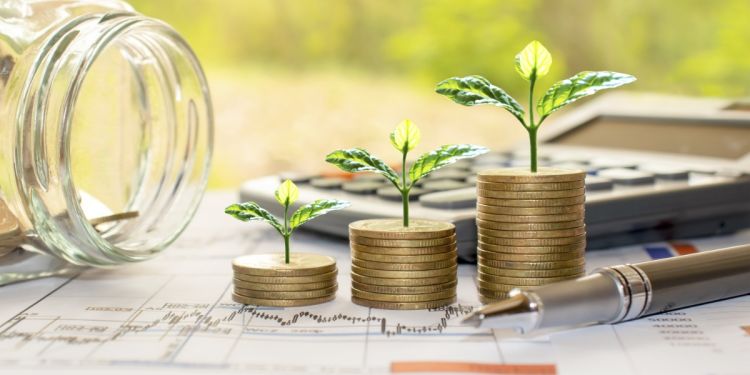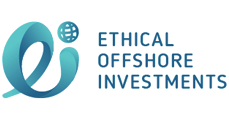Why might ESG factors increase returns?

18 November 2021
We focus on three ESG measures – R&D, carbon intensity and worker safety – to see to what extent they can add to investment returns, and why.

By Ashley Lester & Hettie Mccarthy

Many investors today seek more than impact from their ESG portfolios. They want returns too.
By now, there are literally thousands of papers asking whether ESG adds to – or detracts from – expected returns. But there is no consensus, and nor is one to be expected, because there is little agreement about which companies are “better” or “worse” from an ESG perspective.
Even more fundamentally, there is no particular reason why “good” companies should generate better returns; after all, capitalism is a system of economics, not ethics.
In this paper, we take a different approach. We ask whether particular activities of companies that are especially relevant to ESG investors can add to expected returns, and if so, why.
From the many available measures of ESG, we select three for closer examination that seem to be associated with positive returns – R&D, carbon intensity and worker safety.
Generally, expected excess returns are a reward either for taking risk or for using information more efficiently than other investors. We find that our three selected features are no different – and thereby gain further insights into what types of ESG measures are most likely to generate excess returns.
To read the full report, please click HERE
Important information
This communication is marketing material. The views and opinions contained herein are those of the named author(s) on this page, and may not necessarily represent views expressed or reflected in other Schroders communications, strategies or funds.
This document is intended to be for information purposes only and it is not intended as promotional material in any respect. The material is not intended as an offer or solicitation for the purchase or sale of any financial instrument. The material is not intended to provide, and should not be relied on for, accounting, legal or tax advice, or investment recommendations. Information herein is believed to be reliable but Schroder Investment Management Ltd (Schroders) does not warrant its completeness or accuracy.
The data has been sourced by Schroders and should be independently verified before further publication or use. No responsibility can be accepted for error of fact or opinion. This does not exclude or restrict any duty or liability that Schroders has to its customers under the Financial Services and Markets Act 2000 (as amended from time to time) or any other regulatory system. Reliance should not be placed on the views and information in the document when taking individual investment and/or strategic decisions.
Past Performance is not a guide to future performance. The value of investments and the income from them may go down as well as up and investors may not get back the amounts originally invested. Exchange rate changes may cause the value of any overseas investments to rise or fall.
Any sectors, securities, regions or countries shown above are for illustrative purposes only and are not to be considered a recommendation to buy or sell.
The forecasts included should not be relied upon, are not guaranteed and are provided only as at the date of issue. Our forecasts are based on our own assumptions which may change. Forecasts and assumptions may be affected by external economic or other factors.
Issued by Schroder Unit Trusts Limited, 1 London Wall Place, London EC2Y 5AU. Registered Number 4191730 England. Authorised and regulated by the Financial Conduct Authority.
For investors that would like to get more information on the wide range of Sustainable and Ethical type investment opportunities, please click the more information button at the bottom of this page.
Sustainable Investing – Ethical Business Standards
